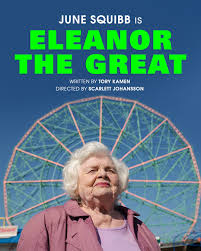Full-time filmmaker, part-time … sommelier?
Illustration by Keegan Steele
The film and television industry ebbs and … few sommelier memoirs, watched many movies on the subject and made … environment oh-so-similar to film and television sets. I’ve …
Elena Sturk-Lussier is a filmmaker with an MSc in creative …








